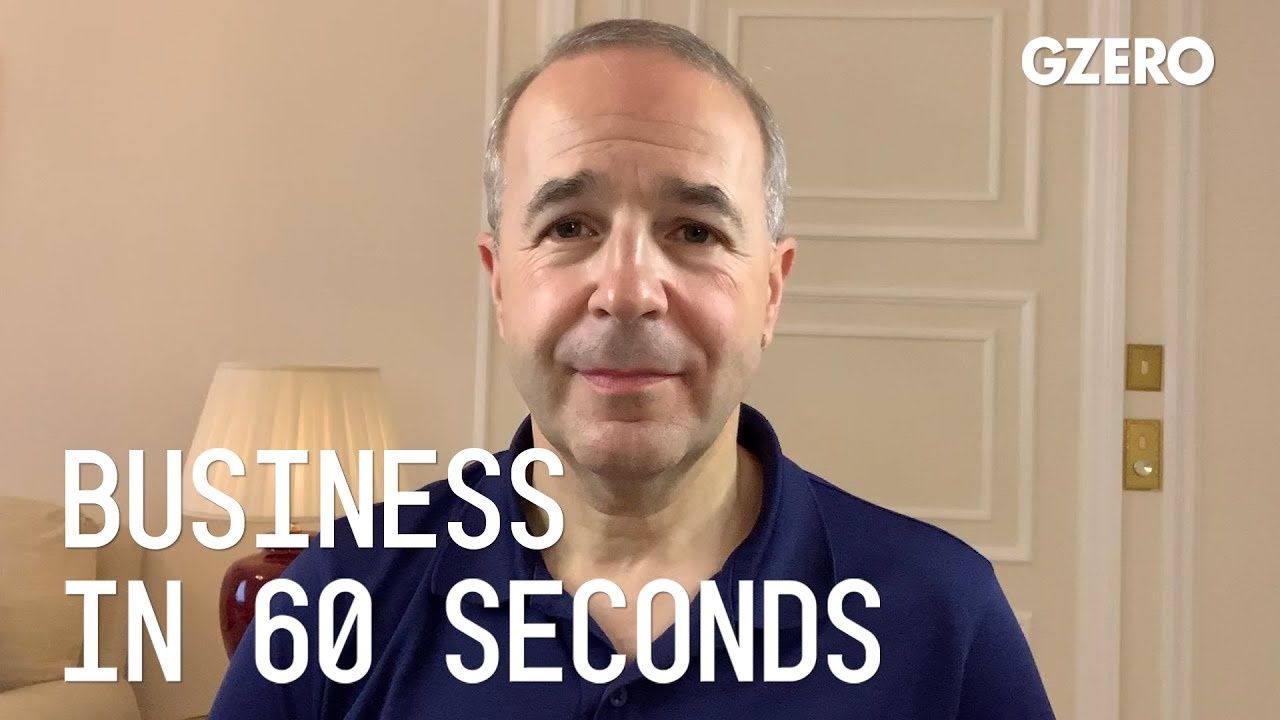
Kevin Sneader, global managing partner for McKinsey & Company, provides perspective on how the pandemic has influenced climate action:
Has the pandemic helped or harmed efforts to tackle climate change?
My answer, the coronavirus holds profound lessons that can help us address climate if we make greater economic and environmental resiliency core to the recovery. It's easy to forget that before the pandemic swept the world, climate was rising on the agenda of many public and private sector leaders. Not only does climate action remains critical now and over the next decade, but investments in climate-resilient infrastructure and the transition to a lower-carbon future can drive near term job creation while increasing economic and environmental resiliency. The current pandemic provides a foretaste of what could happen in the event of a full-fledged climate crisis, with simultaneous shocks to supply and demand and disruption of supply chains. The global economy has 10 to 25 years of carbon capacity left. Moving towards a lower carbon economy presents a daunting challenge. If we choose to ignore the issue for a year or two the math becomes even more daunting. We do need to act now.